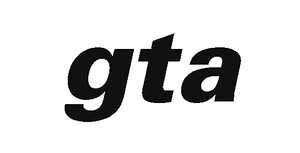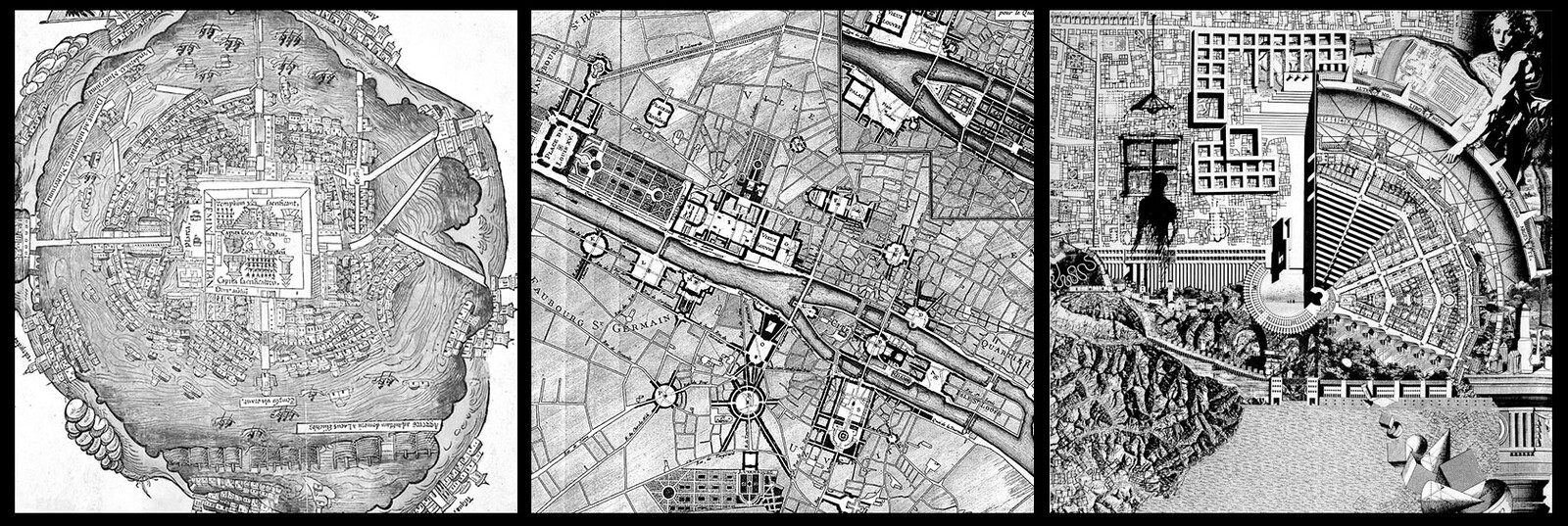Application deadline: May 31, 2019
Stefano-Franscini-Platz 5
8093 Zürich
Switzerland
The Master of Advanced Studies (MAS) in History and Theory of Architecture is a two-year, part-time, post-professional program established in 1993 as a key component of the Institute for the History and Theory of Architecture (gta) at ETH Zurich. The program has three main goals: first, to convey the fundamentals of the history and theory of architecture; second, to address topical questions in architectural practice in relation to the debates in architectural and urban theory and the history of science; third, to introduce students to the methods of critical scholarly work as a key tool for independent research, writing, and practice.
At the Intersection of Architecture and the City
Thematically, the program is focused on current issues regarding the future of urban development. These include the effects of financialization and digitalization on the built environment, climate change and increasing social polarisation. We examine these questions by analyzing architecture’s embeddedness within social processes and power relations and by interrogating relevant and specific historical constellations ranging from 1500 to the present. The program goal is to capture and conceptualize the correlations between architectural design and urban development processes; these include the intersections between regulation, form and social space, as well as those between the micro- and macrolevels of architecture and the city.
At the Intersection of Theory and Practice
The methodological goal of the MAS gta is a theory of practice: we see the interfaces between theory and practice as well as their historical investigation as uniquely productive in advancing new methods and insights into the design disciplines and their histories and theories. At the same time, the MAS is not about problem solving, but rather about identifying and investigating the conditions, assumptions, theories, and precedents of the issues students have encounteredin their practice or in previous academic engagements. Accordingly, we encourage MAS students to draw on their professional experience—whether in planning, design, realization, and management of the built environment, or in related fields—to use the MAS as a space for theoretical inquiry and the historical exploration of their concerns.
At the Intersection of the Universal and the Specific
Research into architecture sits, sometimes awkwardly, between its claim to generality and architecture’s unique situatedness regarding geographic location and historic context, but also with regards to chosen research methods. To acknowledge this entanglement and work within the tension between the universal and the specific, scholarly rigor and inventiveness of method become necessary partners. Over the course of the program, students thus not only learn to research and summarize the state of research of their chosen topic, but to develop their own methodological approach to establish their position within their chosen field.
Program Structure
Students attend core seminars, workshops, and a yearly study trip open to MAS students only. In addition, they enroll in the Institute’s lectures and seminars and contribute to the gta’s ongoing research, publication, and exhibition projects as an integral part of their study. In addition to the course work, students write two short research papers as well as a master’s thesis on topics of their choice. During the semesters, students should expect to spend two days per week at ETH.
MAS students come from a range of disciplinary backgrounds at various stages in their professional lives. Graduates have gone on to successful careers in academia, private practice, journalism, and historic preservation, among others, and maintain a strong alumni network.
Basic Information
Requirement for Admission: Master or Diploma in Architecture or related fields
Degree: MAS ETH GTA (or MAS ETH), abbreviation for: Master of Advanced Studies ETH in History and Theory of Architecture, federally recognized and protected by the Swiss government
Program Duration: 2 years (4 semesters), part-time
Credit Points: 60 ECTS
Tuition Fee (for the entire program): 15,000 CHF
Program Languages: German and English
Program Direction: Anne Kockelkorn and Susanne Schindler
Academic Calendar
Fall Term: September 16 to December 20, 2019
Spring Term: February 17 to May 29, 2020
More information, including contact information, is available here.
To apply, please follow this link.



